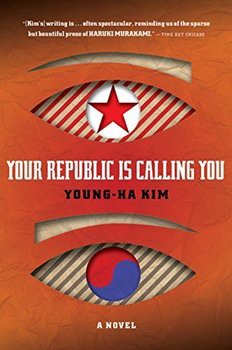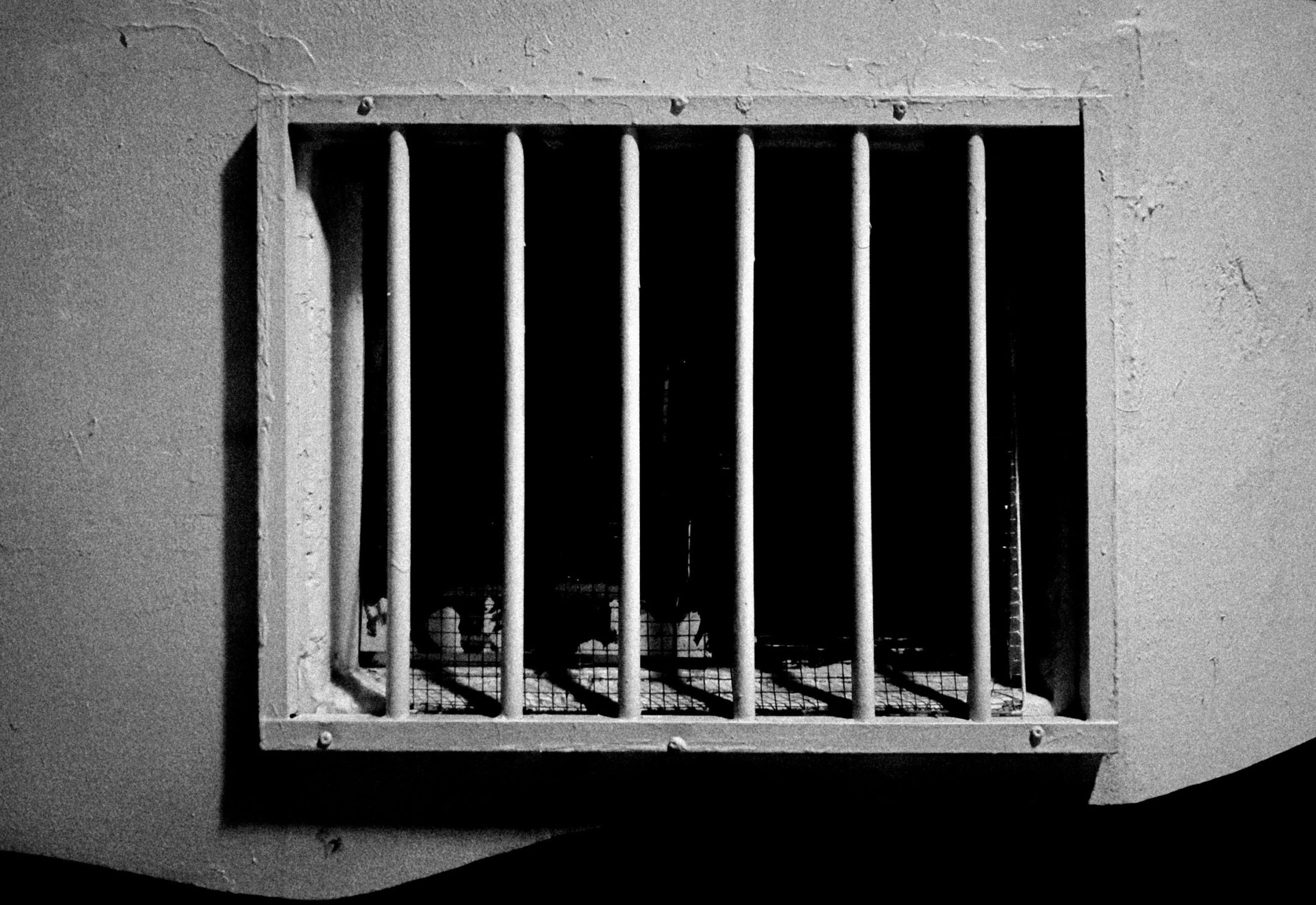Reading Lists
7 Books that Take You Inside North Korea
Novels, reporting, and memoirs from the secretive country that’s dominating the news

Tensions between the U.S. and North Korea have reached a boiling point and sensational headlines (nuclear button! Sanctions! Assassination! War???) dominate the front page of every major newspaper. But aside from all the media attention, how much do we really know about the most mysterious country in the world? From a collection of short stories that provides a compelling voice to the lives of ordinary citizens governed by a brutal dictatorship to a memoir detailing a defector’s harrowing escape to freedom, these seven literary works offers the world a rare glimpse into the Orwellian dystopia of the Democratic People’s Republic of Korea.

The Accusation: Forbidden Stories from Inside North Korea by Bandi, translated by Deborah Smith
The Accusation, a collection of short stories written by a living dissident, was hidden inside The Selected Works of Kim Il-sung and perilously smuggled out of North Korea. The seven stories paints an eye-opening portrait of life under the brutal regime from a woman who weeps mournfully at the death of Kim Il-sung’s death even though her husband is a political prisoner, suffering in a labor camp to a son who is denied a travel permit to visit his dying mother. The Accusation is a testament to the resilience of the North Korean people and a proof that goodness that still exists even in the most hostile environments.

How I Became North Korean by Krys Lee
Lee’s debut novel follows three disparate people as they leave behind their past and and become fugitives in the Yanbian Korean Autonomous Prefecture, a Chinese border town. Yongju is the son of elite North Koreans who were marked for a purge by the State. Separated from his family after the escape, he joins a gang of defectors living in a cave in the mountains, dreaming of making it to South Korea. Jangmi is a pregnant young woman who sells herself in matrimony to a Korean Chinese who pays to smuggle her out of the country. Danny is a closeted gay teenage Christian living in America. After his crush humiliates him in front of his high school, he runs away from home to Yanbian, where he was born to experience “being out of my time line, in China, a body returning to the past to escape the past.” Together, they struggle to survive in a hostile place encroached with danger in hopes of making it to a better life.

Your Republic Is Calling You by Kim Young-ha
Ki-yong is an ordinary, middle-aged man living respectably in South Korea with his wife and teenage daughter. He has a secret: He is a North Korean sleeper agent who just received an order to liquidate everything and return to his native land in 24 hours. A terrified Ki-yong is uncertain if he should go home and what he would face there (a medal? Labor in a work camp? Torture? Death?). He wanders the street of Seoul, wallowing in “premature nostalgia” for the city he has lived in for two decades that he may be departing forever. Meanwhile his oblivious wife, Ma-ri is engaging in a soulless threesome with her young lover and his daughter, Hyon-mi engages in a nascent relationship with a disturbed classmate. Spanning the course of a single day, Your Republic Is Calling You uses the transformations and divergences of divided Korean nations to explore the shortcomings of capitalism and communism.

The Orphan Master’s Son by Adam Johnson
Pak Jun Do, “a humble citizen of the greatest nation in the world,” is brought up an orphanage work camp after his mother is stolen by the State to Pyongyang. Impressed by his toughness and loyalty, the regime recruits him to work in the army as a tunnel fighter and then a professional kidnapper. He rises in rank through violent means until a failed mission in Texas condemns him to servitude in a mine where laborers never see the light of day and work till their deaths. After his escape, Jun Do impersonates a military commander in an attempt to save Sun Moon, a famous actress “so pure, she didn’t know what starving people looked like.” This Pulitzer Prize–winning novel employs magic realism and satire to create a riveting portrait of a nation rife with “corruption, and casual cruelty but also camaraderie, stolen moments of beauty, and love.”

Without You, There Is No Us by Suki Kim
Suki Kim spent six months teaching English to the sons of North Korea’s elites in the country’s only privately funded university, the Pyongyang University of Science and Technology. Kim, “intoxicated by this unknown and unknowable place” decides to move to the communist nation to be “a spy of sorts, hoping not to plant bombs but to plant ideas” in her students so blinded by propaganda that they “were always comparing themselves to the outside world, which none of them had ever seen, declaring themselves the best”. Even their computer science education was a deception since internet access and modern technology is banned in the nation. Despite the young men’s privilege, they were prisoners, trapped in the fences of the heavily guarded university and living in constant fear of a purge. With her heartbreaking memoir, Kim sheds light on a paranoid and lonely nation enslaved to the delusions of their “Great Leaders.”

Nothing to Envy: Ordinary Lives in North Korea by Barbara Demick
Reconstructed from six years of interviewing escaped defectors, Nothing To Envy vividly chronicles the everyday lives of a vagrant, a model communist and her recalcitrant daughter, a woman doctor and a pair of young lovers. These six ordinary citizens fall in (and out) of love, work hard, endure hardships, question the regime, escape to South Korea but long to return home. The book takes place in Chongjin, an industrial city devastated by the famine during the tumultuous period of Supreme Leader Kim Il-sung’s demise and the blood-soaked ascension of his heir, Kim Jong-il. Eschewing the stereotypical depiction of North Koreans as brain-washed automatons, Demick captures the mundane humanity of these citizens living under the world’s most isolated and brutal regime.

A River in Darkness: One Man’s Escape from North Korea by Masaji Ishikawa
In 1958, North Korean leader Kim Il Sung initiated a mass repatriation campaign, calling his citizens abroad to return home, to “paradise on earth.” Dreaming of a better life, Masaji Ishikawa’s father heeded that call and moved his family from Japan to the North Korean village of Dong Chong-ri. Ishikawa quickly learnt that “thought was not free” and that he now belonged to a “pseudo-religious cult” of the Worker’s Party where even his father worshipped the Dear Leader as an “invincible general made of steel.” Trapped in a country that prides itself on homogeneity, Ishikawa was vilified for being half Japanese and condemned to “very bottom of society.” After 36 years of enduring back-breaking labor in government farms and eking out a life under horrific conditions, Ishikawa braved the Yalu River and crossed into China in the dark, barely making it alive to Japan.








